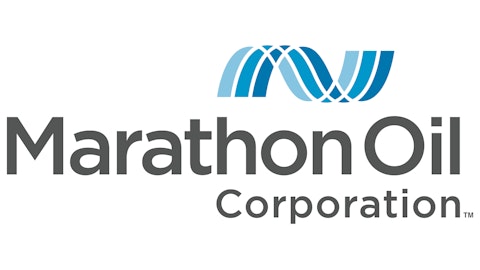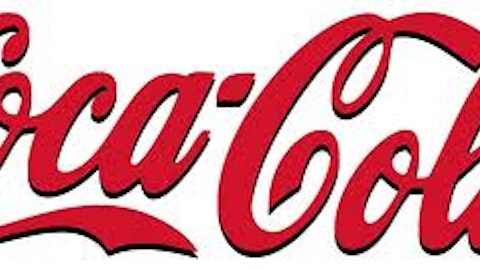Tesoro Corporation (NYSE:TSO) is also looking for ways to get more Canadian crude delivered to its refineries in California. The company’s Los Angeles refinery, which is operating at a capacity of 97,000 barrels per day, is especially well-suited to process heavier crudes, such as those from Alberta’s oil sands. The company is currently looking into shipping oil from Canada to the U.S. Pacific Northwest using barges, and then shipping it via rail to its California refineries.
Phillips 66 (NYSE:PSX) also recently started to use rail transport to move Canadian crude to its refineries in California. The company is no stranger to using rail, having already purchased some 2,000 general purpose railcars to transport domestic oil to its refineries.
Even Gulf Coast players are making use of rail, despite the flurry of pipelines that will soon bring a flood of cheap domestic light oil to their refineries’ doors. For instance, Valero Energy Corporation (NYSE:VLO) is planning on making greater use of rail and barge transport to move Canadian crude to its Gulf Coast refineries. The company expects to ship more Canadian oil via barge to its refinery in St. Charles, La.
And it’s not just refiners who are investing heavily in rail transport for shipping crude oil. Midstream companies see opportunity, as well. For instance, Plains All American Pipeline, L.P. (NYSE:PAA), one of the largest pipeline operators in the country, is currently finishing up a rail terminal in Virginia that’s expected to receive up to 160,000 barrels per day of Bakken crude by the second half of this year.
Final thoughts
While rail transport is likely to remain in high demand in the nearer term, major new pipelines will eventually be built to link Alberta oil sands and Bakken production to refining centers in the U.S. One of the largest and most controversial of these projects is the proposed Keystone XL pipeline.
Operated by TransCanada Corporation (USA) (NYSE:TRP), Keystone would transport crude from Canada’s oil sands to Steele City, Neb., from where it could be moved to refineries along the U.S. Gulf Coast. With a projected capacity of 830,000 barrels per day, Keystone XL would be a game changer if completed, though it has faced significant opposition from environmentalists and climate change campaigners.
However, that could soon change, thanks to the recently released results of a study conducted by the U.S. State Department that assessed Keystone’s environmental and economic impact, among other considerations. The study concluded that the pipeline’s environmental impact would not be as bad as several environmental groups claim and that its construction would have just a marginal impact on greenhouse gas emissions.
The article Buffett Wins Big From Railroad Crude Shipments originally appeared on Fool.com and is written by Arjun Sreekumar.
Fool contributor Arjun Sreekumar has no position in any stocks mentioned. The Motley Fool has no position in any of the stocks mentioned.
Copyright © 1995 – 2013 The Motley Fool, LLC. All rights reserved. The Motley Fool has a disclosure policy.




